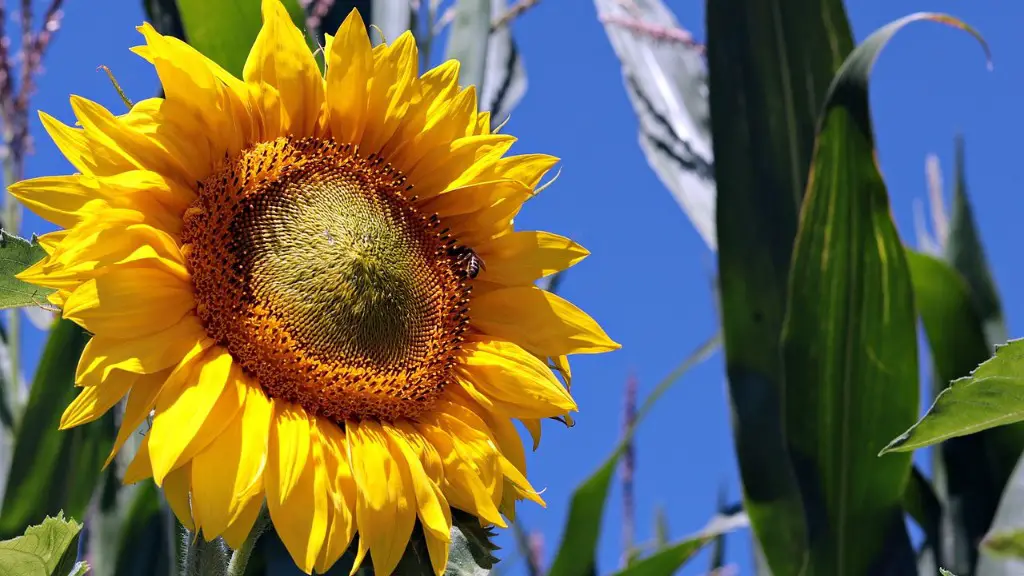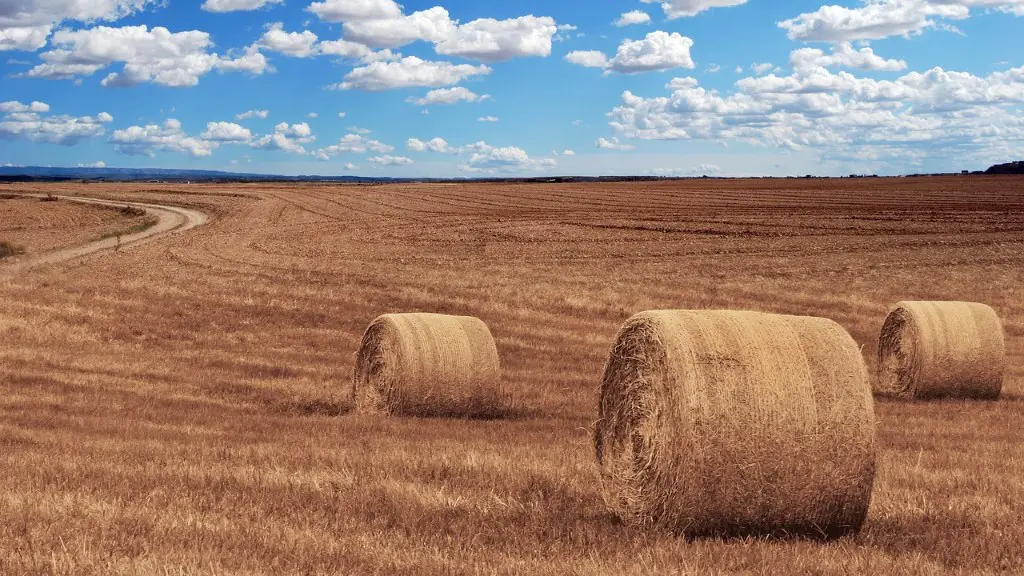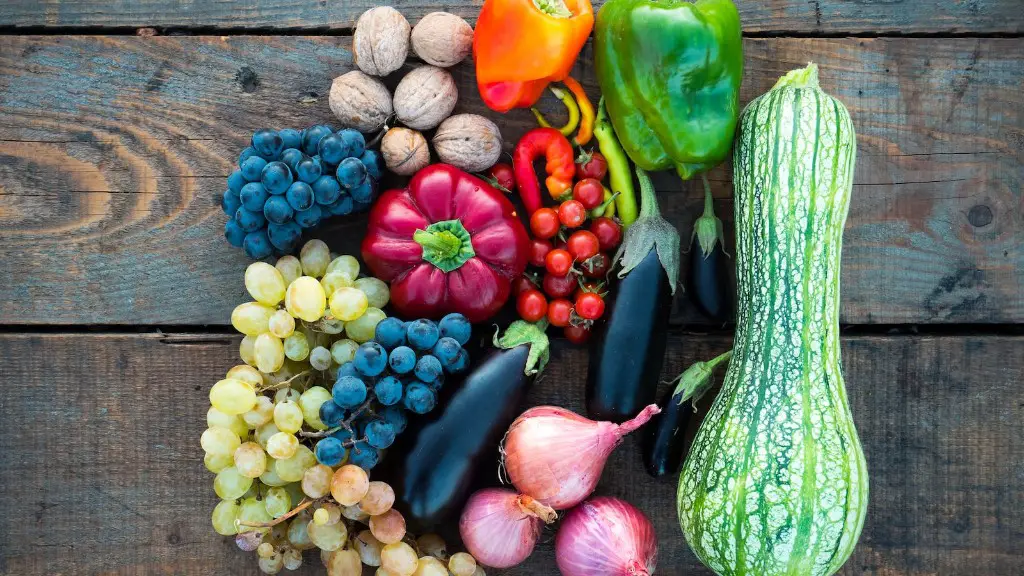Agriculture has been the foundation of human society for thousands of years. Without it, would we be able to survive? This important question is one that has been explored by evolutionary biologists, anthropologists, and economists alike. The short answer to this question is: yes, we would survive, but not in the same way as we currently do. Let’s take a look at why this is the case.
First, agriculture has allowed us to enjoy a steady and reliable supply of food. In many parts of the world, food is often scarce, leading to widespread malnutrition and poverty. Without agriculture, our ability to obtain food would be radically reduced, as we would need to hunt and gather all of our food. This would be a time-consuming, labor-intensive, and often unreliable process. Therefore, without agriculture, we would be at a great disadvantage in terms of our ability to obtain food.
Second, agriculture has enabled us to utilize land much more efficiently. By carefully arranging crops in a manner that maximizes their use, we are able to produce massive amounts of food from relatively small amounts of land. Without this ability, we would be forced to use vast tracts of land for food production, making it difficult to support large populations in concentrated areas.
Third, agriculture has provided us with a way to store and preserve our food. Through the process of drying, salting, and fermenting, we can extend the shelf life of food, allowing us to store it for future consumption. Without this ability, we would have to consume our harvest as soon as it was harvested, leading to considerable wastage.
Fourth, agriculture has allowed us to build civilizations and cities. As our populations increased, so did the need for more food and resources. Without the food produced from agriculture, cities would not be able to sustain themselves and would disappear. This has led to the development of complex systems of government, trade, and industry that we rely on today.
Environmental Effects
Agriculture has been associated with several deleterious environmental effects. For one, it can lead to the degradation of soil quality, which can reduce its ability to produce crops. Additionally, modern farming techniques have contributed to the release of nutrients and pesticides into the environment, leading to contamination and pollution. Finally, the over-exploitation of land for agricultural purposes has contributed to deforestation and the loss of habitats, leading to the endangerment of many species and a disruption of ecosystems.
Conservation Strategies
Fortunately, there have been several advances in conservation strategies over the years, which have helped to reduce the environmental effects of agriculture. These strategies generally involve the careful management of land and resources, as well as the utilization of low-impact farming techniques. Additionally, there has been an increased focus on the responsible use of fertilizers and pesticides, as well as the development of more efficient irrigation systems. By implementing these strategies, it is possible to greatly reduce our impact on the environment, while still achieving a high level of agricultural output.
Future of Agriculture
The future of agriculture is an exciting one. Technological advancements, such as gene-editing and precision agriculture, are set to revolutionize the way we farm. With these tools, we can produce more food with fewer inputs and fewer environmental impacts. Additionally, we are exploring ways to utilize natural systems to maximize our agricultural output, such as the use of beneficial insects and plants to control weeds or improve soil health. The possibilities are endless, and the future looks bright for this vital industry.
Economic Impact
The economic impact of agriculture is vast and far-reaching. The industry is responsible for providing employment and income to millions of people around the world, while contributing significantly to the global economy. Additionally, the industry provides the raw materials and resources necessary for the production of a wide range of goods, from textiles to electronics. The economic benefits of agriculture are indisputable, and it is clear that it plays an essential role in keeping our economies functioning.
Modernization of Agriculture
The modernization of agriculture is an ongoing process, and it is clear that this process will continue for the foreseeable future. From the adoption of more efficient farming techniques to the use of modern tools and technology, there are numerous opportunities for farmers to increase their productivity, while reducing their environmental impact. Additionally, research into new crops and the utilization of innovative management techniques are sure to provide even greater opportunities for success in the future.
Agricultural Research
Agricultural research is essential for the continued success of the industry, as it provides us with the knowledge and tools to increase output, reduce costs, and ensure sustainable production. We have seen the success of agricultural research in various areas, from the development of improved varieties of crops to the utilization of modern farming techniques. In the future, research is sure to continue to be an essential element in the advancement of the industry.


